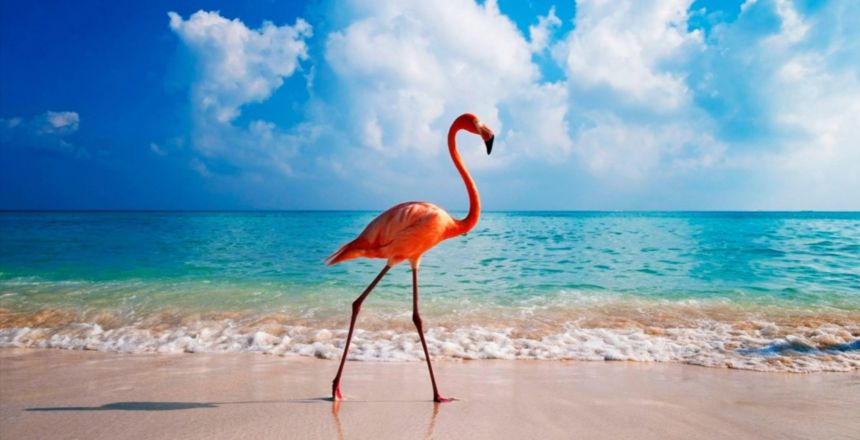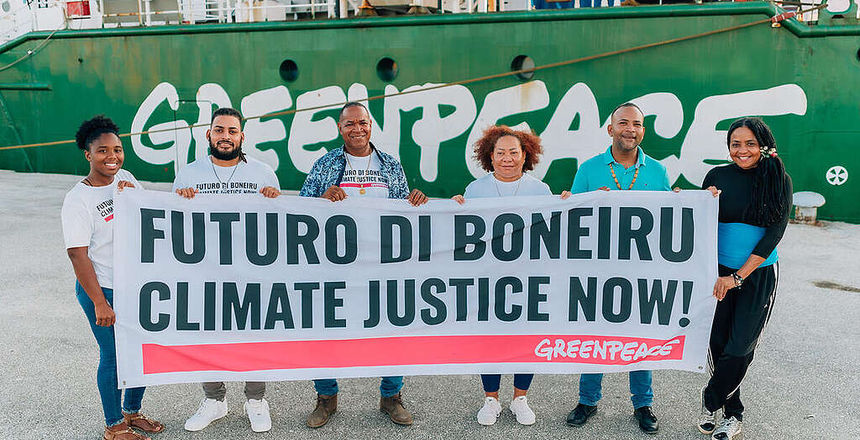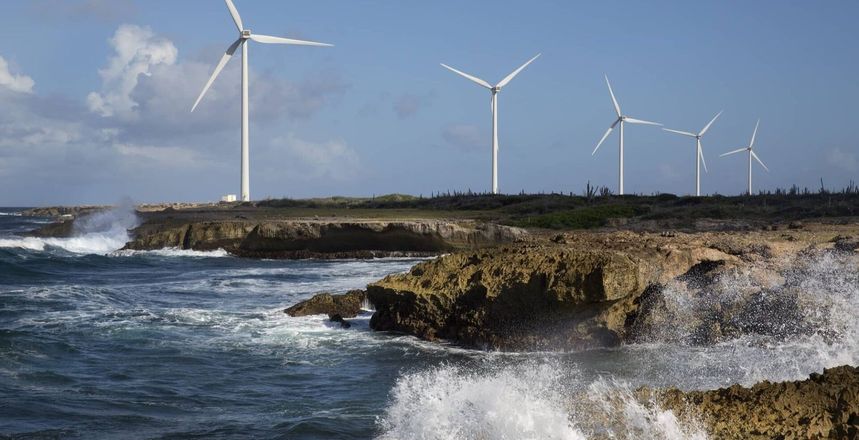News Projects Social Improvement
2 min.
This week, the DCNA (Dutch Caribbean Nature Alliance) published its much-anticipated Climate Action Plan for the Dutch Caribbean. As the islands of the Caribbean Netherlands and indeed the entire region are particularly vulnerable to the effects of global warming, this plan outlines in concrete detail what government and inhabitants can do to adapt to the changing climate and to mitigate the potentially disastrous effects of climate change.
Economies dependent on limited local resources
There exists a plethora of reasons why the Dutch Caribbean is particularly vulnerable to global warming, but what it comes down to is that local people and therefore local economies are very much dependent on what their islands’ natural resources have to offer them. Import is, of course, possible, but considering the remote location of these places and the relatively small local populations, this often comes with logistical challenges and high costs. In order to develop on the longer term, the islands of the Caribbean Netherlands will have to become more self-sustainable and the DCNA’s Dutch Caribbean Climate Action Plan was created to support this process.
In the Caribbean Netherlands, a majority of livelihoods is largely dependent on what the coastal areas have to offer. As a result, these areas are relatively heavily used for economic activity, on top of the pressures from global warming on the region’s unique nature. Combine that with occasional extreme weather conditions and a limited human capacity to deal with adverse circumstances, whether economic, environmental or otherwise, and it’s not too hard to understand why the DCNA, the local governments and the central Dutch government consider the islands to be vulnerable to climate change.
DCNA taking action
As non-profit organization aimed at safeguarding nature in the Dutch Caribbean through supporting Protected area Management Organizations, as the DCNA introduces itself on its own website, the organization has a very good idea of how climate change is affecting the islands. Their Climate Action Plan is therefore meant to unite local governments as well as the central Dutch government in the fight against the impact of climate change in the region. They especially focus on the need for mitigation and adaptation to changing conditions, with nature preservation, energy independence, a sustainable tourism industry, and a diverse blue economy as the priorities.
For the complete version of the Action Plan in English, you can click here.
For the complete version of the Action Plan in Dutch, you can click here.
If you’d like to learn more, you can always get in touch with the Dutch Caribbean Nature Alliance here and with Future Islands here.
The basis for this article was originally published on www.dcnanature.org in May 2022.





